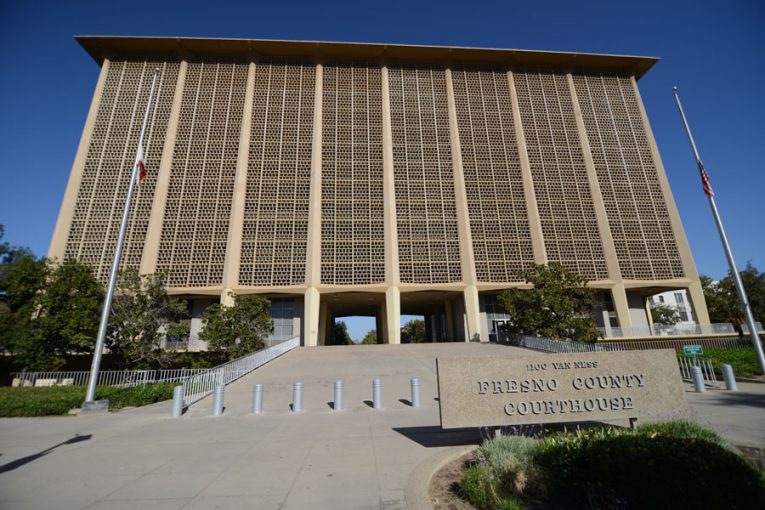

By Fiona Davis
FRESNO, CA – In a domestic violence hearing held in Fresno County Superior Court in June, and in the absence of the normally presiding judge, a defense attorney’s request for a peaceful contact order was easily granted.
But, this week, in a subsequent hearing for the same case, the now present regular department judge claimed that the defense attorney took advantage of her absence, and intentionally misled the court, in order to have a request granted.
“I know what happened that day, and I’m not very happy,” Judge Francine Zepeda stated directly to the defense attorney.
John Linwood Dawson, the defendant for the case in question, has been charged with “corporal injury of a spouse or co-inhabitant.” In response to the allegations of domestic violence, Dawson has pleaded not guilty, and is expected to face a jury trial.
But in June of this year, in a hearing held in the county’s department of felony domestic violence, Judge Houry Sanderson sat in for the normally present Judge Zepeda, who was attending a training event at the time.
During the hearing, Judge Sanderson issued a criminal protective order on behalf of the alleged victim, who addressed the court that same day.
However, in the course of the same proceedings, defense attorney Corina Burchfield—the subject of Judge Zepeda’s ire now—requested the court issue a peaceful contact order between the defendant and his alleged victim. If granted, this order would allow the defendant to verbally communicate with the victim.
In her petition, Burchfield claimed that Judge Zepeda, before she left for the training event, had intended to grant a peaceful contact order. Judge Sanderson then granted Burchfield’s request.
However, this week, during the pre-preliminary hearing for Dawson’s trial, Judge Zepeda emphatically denied the defense’s claim regarding her intended judgment.
With both the defendant and alleged victim silently present in court, Judge Zepeda directly spoke to Burchfield throughout the hearing. She repeatedly stated that she very rarely grants peaceful contact in cases of domestic violence, especially under the circumstances seen in Dawson’s case.
“I don’t grant peacefuls ever,” Judge Zepeda said conclusively.
The judge also stressed that her position on peaceful contacts was widely known among court officials, and that Burchfield would have known that her request would not have been granted. Judge Zepeda added that following the previous hearing, staff members informed her of the claims made by Burchfield.
Upon review of the prior hearing’s official record, Judge Zepeda came to believe that Burchfield had intentionally misled Judge Sanderson in order to have the request for peaceful contact granted.
“I think it was misrepresented to the court who was here, and it doesn’t please me,” Judge Zepeda claimed. “For you to even say that is kind of—it’s so misleading.”
Throughout the pre-preliminary hearing, the judge openly condemned the alleged actions of the defense attorney, noting the ramifications of the purported manipulation.
“It puts you down a little bit of a notch … do not misrepresent. It’s not worth your integrity and it is not worth anything you say here,” she told Burchfield.
In spite of her disapproval of the granted peaceful contact, Judge Zepeda stated that she would not alter the previous judge’s decision, saying that the defendant was not at fault for his attorney’s actions. Instead, she warningly advised him not to violate the terms of the order or else “it’s going to go back to a full no contact.”
In response to the judge’s accusations, Burchfield apologized to both Judge Zepeda and the prosecuting attorney for the claims she made during the previous hearing, and asserted that she did not intentionally mislead the court.
“I would not have done that purposefully. That was truly my belief,” she told Judge Zepeda, who appeared to remain unconvinced.
Proceedings for Dawson’s case are scheduled to resume Sept 13.
